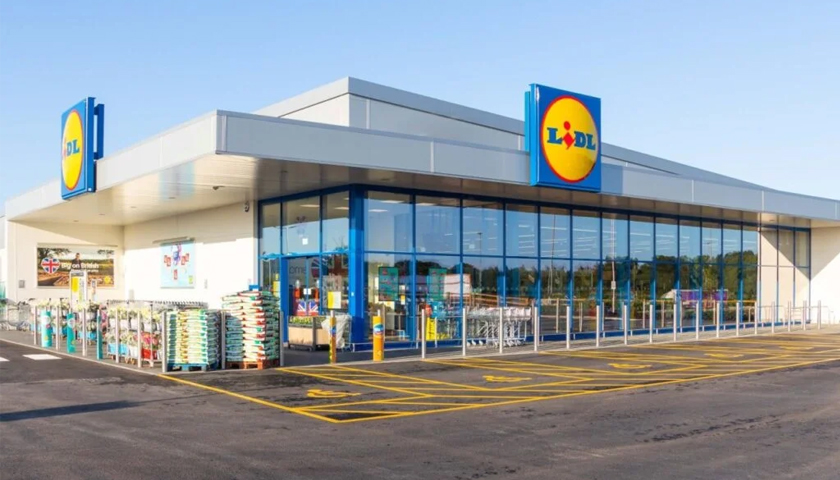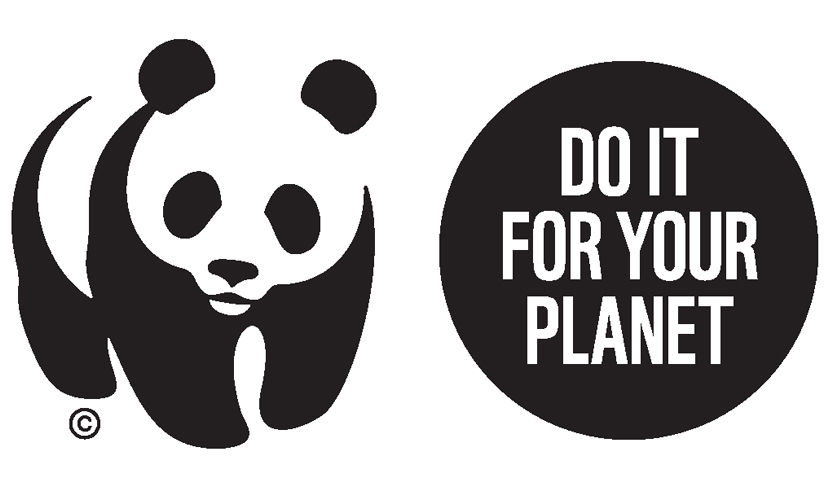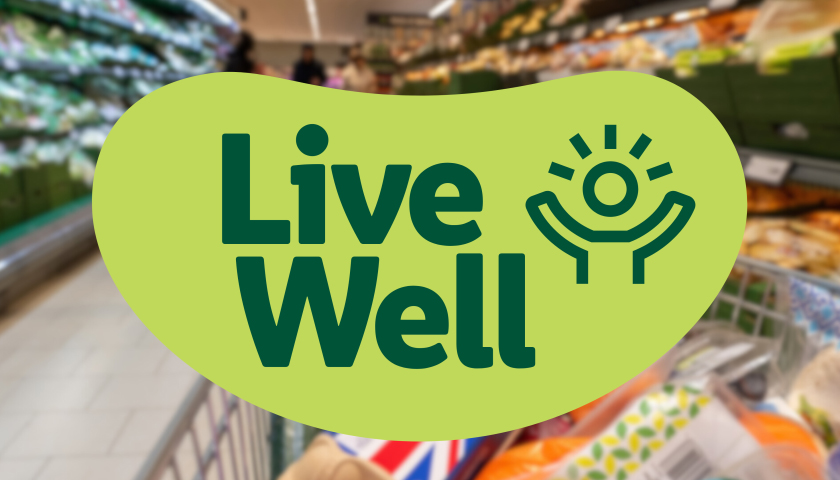Lidl GB has recently published its fourth ‘Good Food’ report, updating on progress towards meeting key environmental targets and supporting communities between March 2021 and February 2023.
The report reveals that, since 2016, Lidl has reduced its food waste by almost half (43%). This means it is well on track to hit its 50% reduction target by 2030. Providing more meals to charities – including over 6 million in 2022 which surpasses the discounter’s target – has helped reach this milestone. Last year, Lidl also prevented nearly 9,000 tonnes of food waste through the sale of 1.7 million ‘Too Good to Waste’ boxes. Just one box from the discounter’s industry leading initiative offers shoppers approximately 5kg of fruit and veg equivalent to a whopping 50 portions of their 5-a-day*.
Reducing other forms of waste has also been a key priority and 95% of Lidl’s own-brand packaging is now recyclable, reusable, renewable or refillable. From loose produce, to compostable fruit and veg bags which can be reused at home as food waste caddy liners, to new recyclable packaging on mushrooms – sharp eyed shoppers can spot a range of these ‘Lidl’ changes in-store.
Overall, Lidl has cut the amount of plastic packaging across its own-brand ranges* by 29% since 2017 – with its sights set on achieving a 40% reduction by 2025. Through its partnership with Prevented Ocean Plastic, the discounter has also stopped the equivalent of 15 million plastic bottles from entering the ocean.
With over 90% of Lidl’s carbon emissions coming from its supply chain and use of its products, the retailer is also working closely with suppliers on carbon reduction projects. The discounter has partnered with The Rivers Trust and is funding three water catchment projects (increasing to nine by 2025) to mitigate risks in the supply chain.
Meanwhile, as of February 2023 45% of Lidl’s British fruit and veg suppliers were LEAF Marque certified – a gold standard in sustainable farming – meaning they have robust water and nature conservation plans in place. This figure will reach 100% by the end of the year.
All of these measures support Lidl’s sustainability goals and its commitment to helping customers in their day-to-day lives; that’s why Lidl also led the way in pledging to halve the environmental impact of its customers’ shopping baskets by 2030, through the WWF’s Retailers’ Commitment for Nature.
Mark Newbold, Senior CSR Manager at Lidl GB, said: “At Lidl, we strive to work in a way that benefits our people, our producers, and the planet. This means finding new, more sustainable ways to deliver on quality and value for shoppers. Little changes make a big difference – and we know they matter to our customers. From making more of our packaging recyclable and incorporating circularity into how we operate, to increasing the amount of food we donate to our charity partners – we’re proud to have made such positive strides and we’re doubling down in order to meet the ambitious goals we have set.”


